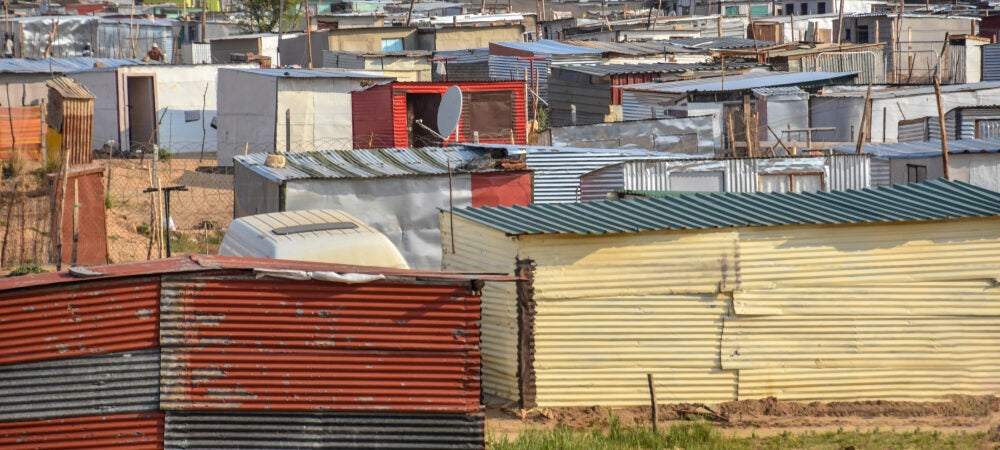The least developed countries find themselves at a crossroad. Beset by long-standing structural weaknesses, shortcomings in international support and widening inequalities within and among all countries, they have to confront new or intensifying problems worsened by the coronavirus disease (COVID-19) crisis, climate change, the rapidly evolving character of globalization and the new technological realities of the digital age. Developing productive capacities is the key to unlocking the potential of the least developed countries achieving structural transformation to face these new realities. To be able to rise to both old and new challenges, the least developed countries need a new generation of international support measures that are fit for purpose in a fast-changing global environment. These new international support measures need to be effective, relevant and closely tailored to least developed country aspirations if international support measures are to change the course of the development trajectories of these countries.
Most least developed countries (LDCs) consistently failed to achieve goals and targets set by the LDC programmes of action that have been implemented since 1981. Economic growth among LDCs has been manifestly slow, while many of them have stagnated or even fallen behind. Consequently, the income gap between LDCs and other country groups has widened, and the economic vulnerabilities of LDCs have been aggravated. Although the level and diversity of international support measures for LDCs have also grown, their development outcomes remain markedly fragile.
The majority of LDCs are heading into the new decade significantly below full strength and risk damage from further international marginalization due to shocks related to the COVID-19 pandemic and long-standing challenges. The current economic environment portends many downside risks from the protraction of the pandemic that has dramatically exposed the development shortcomings of LDCs, including their lack of resilience and diminished capacity to react to major exogenous shocks affecting their economies. The health crisis emerged at a time when progress was unsatisfactory, with many LDCs already facing broadly similar economic challenges that led to the establishment of the category in 1971, including high levels of poverty; commodity dependence; inadequate accumulation of financial, physical and human capital; low labour productivity; low value addition to exports; and structurally weak economies.
The final push in the pursuit of the Sustainable Development Goals will coincide largely with the time frame of the forthcoming Doha programme of action for the least developed countries for the decade 2022–2031. Accelerating progress towards both agendas will require enhanced and renewed international support to these countries. Critically, LDCs need a new development model centred on productive capacities to eliminate structural impediments, build resilience to shocks and overcome the limitations imposed by their continued marginalization in the global economy
presspb2022d5_enTo read the full report by the UNCTAD, please click here.

